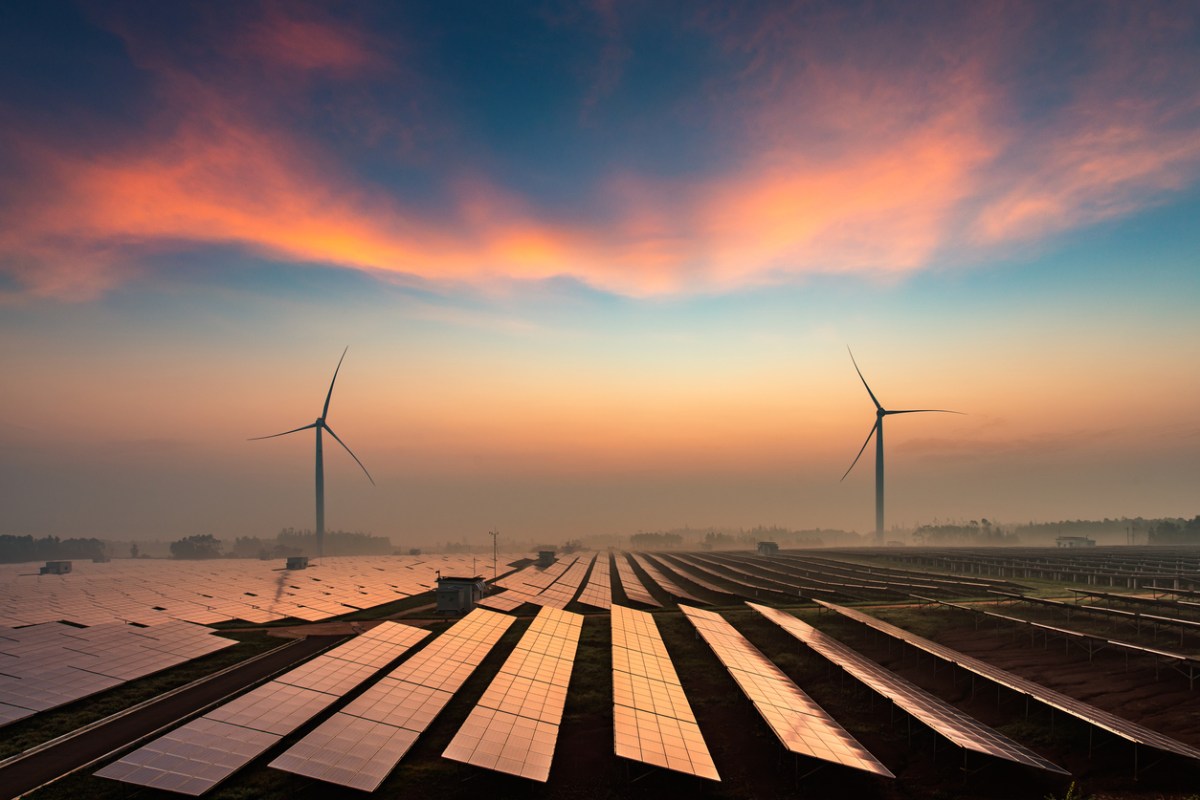The European Commission’s new ‘Green-Deal Industrial Plan’ is focussed squarely on driving decarbonisation through supporting EU climate-tech companies. But of course the urgency of the measures comes from the need to keep EU companies competitive after the US Inflation Reduction Act (IRA) lubricates the market with support, subsidies and tax-breaks.
“The stakes are high and the challenges complex – but there is a once in a generation opportunity to use this imperative to act as a catalyst to invest in the clean energy economy and industry of the net-zero age.” explains the memo from the EU Commission.
The memo recognises the work being done by ‘partner’ countries in seizing the net zero industrial opportunity. The US IRA will mobilisse over $US 360 billion, Japan’s green transformation plans aim to raise up to $JPY20 trillion, and India has the Production Linked Incentive Scheme to boost solar photovoltaics and batteries industries.
It cites the risk that many of these subsidies are not ‘fair’ on global trade grounds, with Chinese subsidies said to be twice as high as those in the EU (when adjusted for GDP). The result being that China dominates production in sectors like solar power and photovoltaics.
“The EU industry’s market shares are under strong pressure, to a great extent because subsidies abroad are unleveling the playing field. This calls for access to funding for net-zero
industry to be extended and accelerated.”
The Commission recommends a suite of tax breaks for climate tech investments aligned with new net zero benchmarks for 2030. It also argues for state aid rules being temporarily adjusted in supporting renewable energy deployments.
The impact of Russia’s invasion of Ukraine should not be discounted. The EU has achieved a remarkable pivot away from its dependence on Russian fossil fuels. A major industrial revolution is required if this new-found energy independence is to be maintained.

